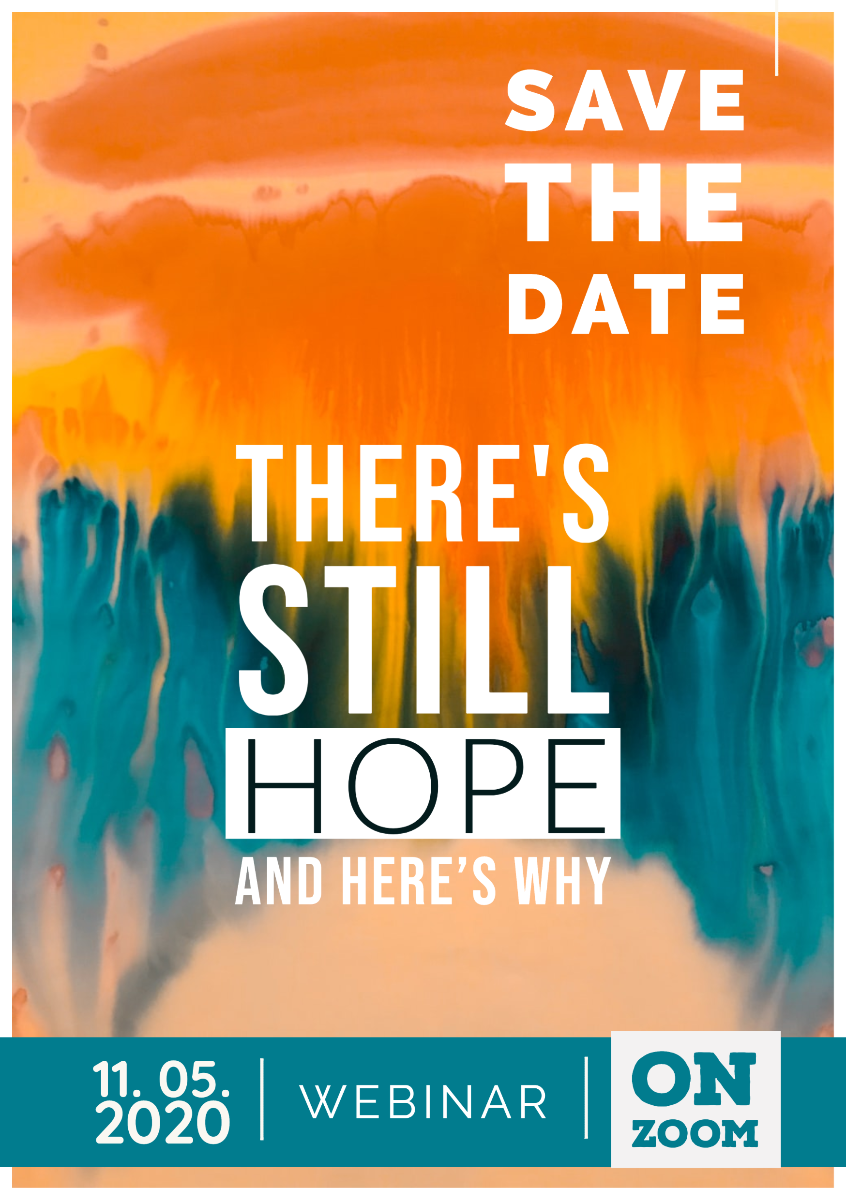COVID-19 and Older People: Maximizing the Longevity Dividend
Join IFA for the latest installment of their Virtual Town Hall Series, “COVID-19 and Older People: Maximizing the Longevity Dividend” on Friday, November 20, 2020.
In an environment significantly disrupted by the COVID-19 pandemic, there is an urgency to inform policies and share good practices to re-evaluate the narratives around longevity and ageing. Within this context, Mr. David Sinclair, Director of the International Longevity Centre in the United Kingdom leads a discussion on the future of ageing, and opportunities to equate health with wealth.
This town hall takes place at 7:00 am EST (additional time zones below):
Geneva, Switzerland: 13:00
Lagos, Nigeria: 13:00
New Delhi, India: 17:30
Perth, Australia: 20:00
This town hall will be recorded and streamed live on Facebook. Should you be unable to participate, a recording will be available on the IFA Facebook page.
More information on the world’s ageing population here: https://www.un.org/development/desa/pd/news/world-population-ageing-2020-highlights
__________________________________________________________________________________________
CoNGO Notes: For more information on the NGO Committee on Ageing-New York, please visit ngocoa-ny.org. For more information on the NGO Committee on Ageing-Vienna, please visit ngoageingvie.org. For more information on the NGO Committee on Ageing-Geneva, please visit ageingcommitteegeneva.org. For more information on the NGO Committee on Intergenerational Solidarity, please email the vice chair at susanneseperson@gmail.com.
